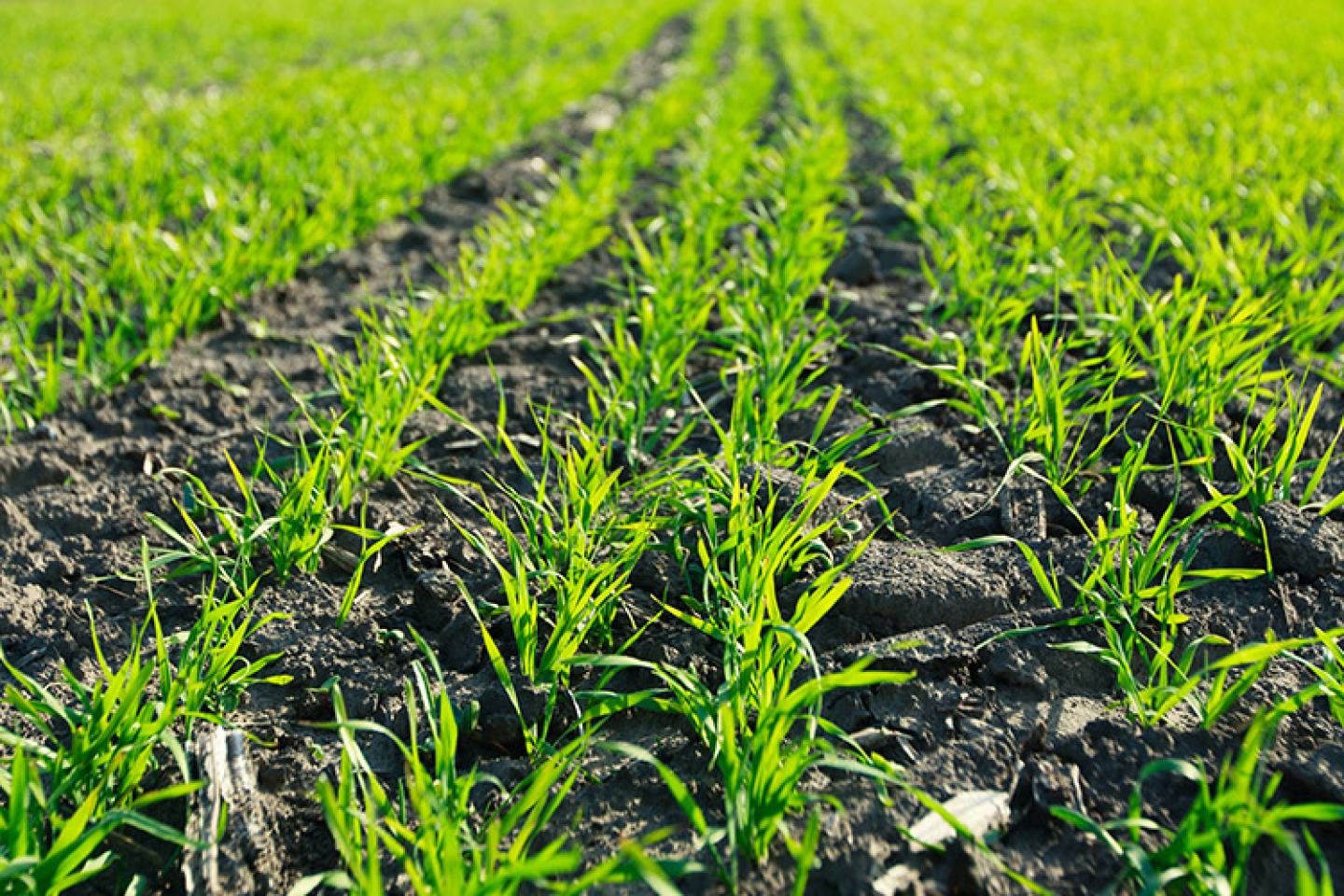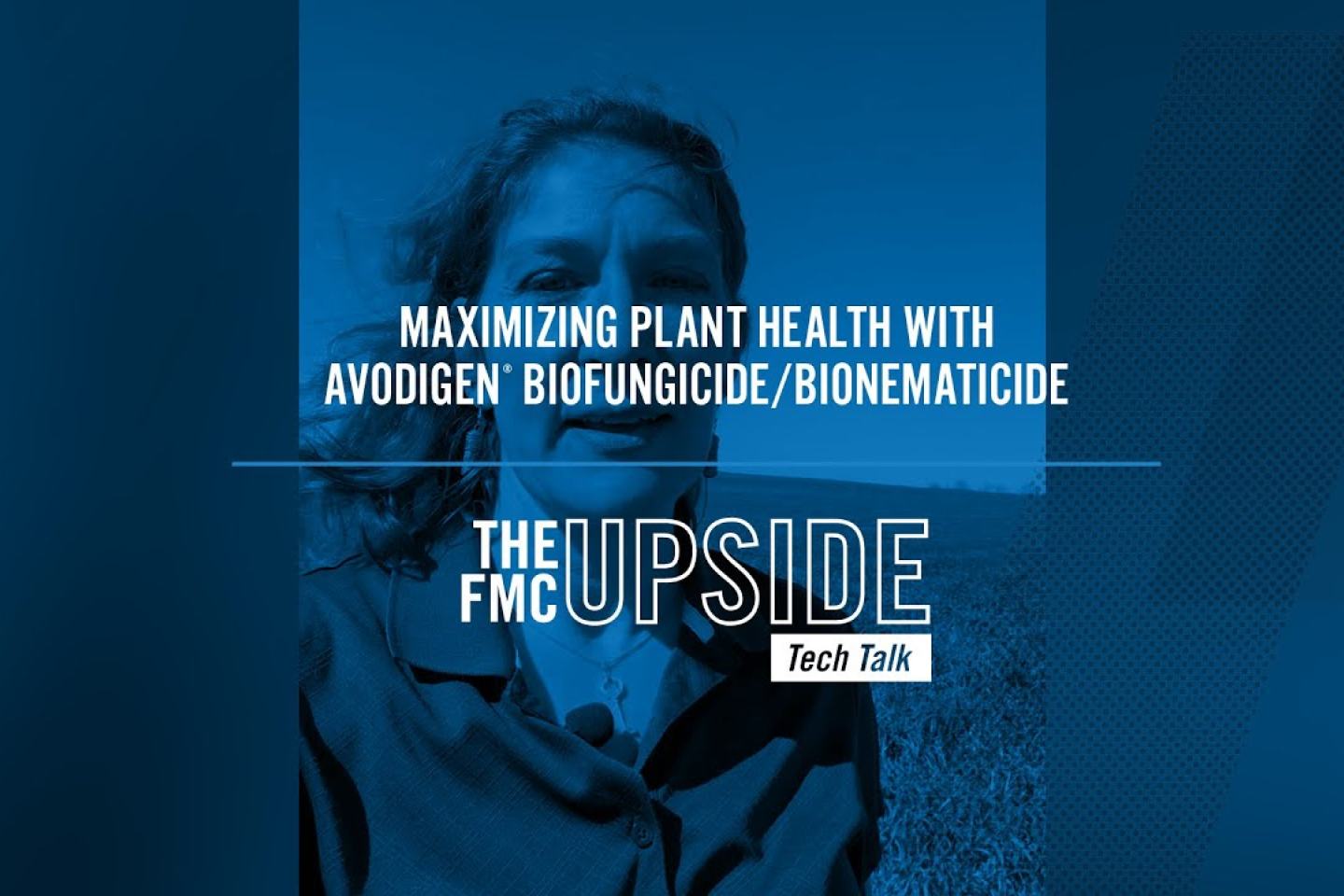Why is Biological Crop Protection Valuable?
Biologicals, specifically biological crop protection products, help improve crop management strategies. These solutions, from the context of crop protection, complement and even enhance the use of conventional synthetic crop protection tools.
Biological crop protection helps to:
- Enhance the efficacy of existing conventional products
- Provide additional plant physiology benefits
- Introduce alternative tools for growers to implement into their system.
How do biological solutions enhance crop protection?
Growers looking to boost the results of their synthetic chemistries should consider biologicals to help maximize profit on every acre.
“Some of the older chemistries, which were effective against certain target pests, have been removed from the grower’s toolbox, leaving much to be desired from alternative solutions,” states Matthew Pye, biologicals subject matter expert for FMC. “Biologicals are a newer tool that can augment a grower’s crop management program and help them realize the results they are looking for.”
Biologicals offer growers a unique mode of action to protect against pests and disease. Growers can also use biologicals as a rotation partner to manage resistance and prolong the effectiveness of conventional chemistry.
When used with synthetic products, biologicals often provide complementary activity. This may help growers better mitigate pest issues typically addressed with a synthetic solution alone.
Pye uses the example of fields with a history of nematodes. A grower can use a biological seed treatment with nematocidal activity to supplement synthetic product control. This can provide an extended period of protection beyond standard seed treatment packages.
“I’m seeing growers incorporate biologicals into their management approach to up their level of control,” Pye explains. “Growers who know they have a pest problem often use biologicals in combination with their base seed treatment to increase their control. They also get the additional plant physiology benefits that some biologicals deliver.”
In soybeans, biologicals address challenges like nematodes and soilborne disease, but some can even generate benefits that enhance plant physiology. This is because the beneficial microbes in biological products can increase nutrient availability and improve root structure.
One example of a biological seed treatment that provides added plant benefits is Avodigen® biofungicide/bionematicide. Avodigen biofungicide/bionematicide delivers early-season protection against critical fungal diseases and soil nematodes. The biological tool also provides biostimulant effects to help enhance plant vigor. These plant benefits include stronger root systems and improved water usage.
The added benefits of a biological beyond pest control can be very visible in fields with marginal soil quality that tend to produce lower yields.
“A lot of growers have at least some portion of their fields with marginal soil,” Pye says. “This is where biologicals can really shine. Growers can use biologicals to enhance plant growth in heavily cropped or poor soil health areas.”
In row crops, you can use biological crop protection products in conjunction with an existing program. They can be used with seed treatments and with other conventional crop protection products. Biologicals give growers new avenues to address pest and disease problems and enhance the productivity of their operation. With the many advantages, growers can expect biologicals to play a bigger part in crop management well into the future.
Learn more about FMC biological offerings to see if they are right for your operation by learning about Avodigen biofungicide/bionematicide or Zironar™ biofungicide/bionematicide.
Always read and follow all label directions, precautions and restrictions for use. Some products may not be registered for sale or use in all states. FMC, the FMC logo and Avodigen are trademarks of FMC Corporation or an affiliate. ©2023 FMC Corporation. All rights reserved. 23-FMC-1420 09/23



